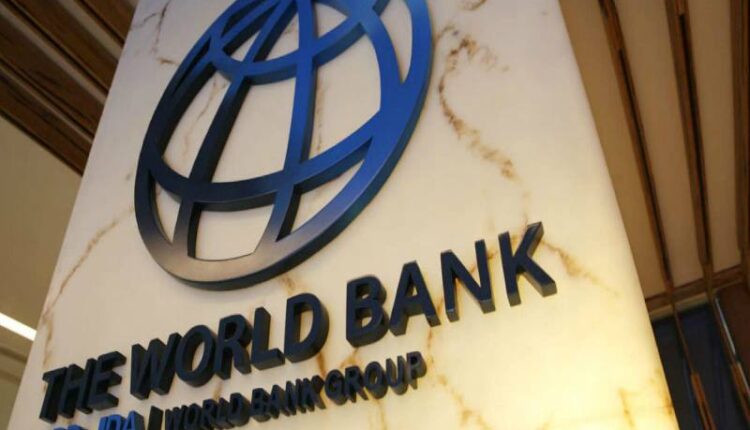World Bank: Despite challenges, Libya is on the way to recovery and healing
The World Bank brings attention to the crushing year Libya's economy has had in 2020 but reassures that the country's economic state is on the path to improvement should the situation remains stable and secure

According to the report, the Libyan economy’s performance in 2020 was the lowest in recent memory. A nine-month blockade that started in January 2020 reduced the country’s crude oil output to less than one-sixth of what it was in 2019, resulting in repeated disturbances in the oil and gas industry, state agency fragmentation, and continuing violence.
It went on to say that the embargo was crippling Libya’s undiversified economy, which depends on oil and gas for more than 60% of total production and over 90% of fiscal revenue and merchandise exports.
According to the Central Bank, fiscal revenues lost due to the blockade totalled about US$11 billion for the year. The COVID-19 pandemic compounded these issues, causing more economic and social disruption in a nation that already had a deteriorating healthcare system. Despite restarting oil production in the last quarter, Libya’s GDP plunged dramatically in 2020.
However, it also estimated that the Libyan economy will partially rebound in 2021 from the downturn experienced in 2020, according to the study. In real terms, 2021 GDP growth is expected to be 67 per cent. In 2021, the production of oil and gas will continue to be the primary driver of economic development. Higher international oil prices would aid the overall recovery in oil demand, filtering through stronger government consumption and expenditure and, in turn, promoting private consumption recovery.
Despite the expected progress in the oil sector, non-oil growth will be muted due to continuing conflict, poor service provision, including electricity, and the COVID-19 pandemic’s lingering impact.
Libya requires urgent infrastructure improvements and social assistance to disadvantaged communities, according to the World Bank, including a more rapid and orderly vaccine rollout, stressing that the government should concentrate on improving public services and creating conditions for a rapid recovery in the non-oil sector now that the war has subsided and security conditions in large parts of the country have improved.
The Bank concluded by pledging to provide technical assistance and analytical services, as well as Trust Fund and grant funding, to Libya.
How to submit an Op-Ed: Libyan Express accepts opinion articles on a wide range of topics. Submissions may be sent to oped@libyanexpress.com. Please include ‘Op-Ed’ in the subject line.
- Haftar to fly to the US with family, pretending it’s a Libyan official visit - September 13, 2021
- Haftar hires ex-Clinton aide, ex-Republican leader to lobby Washington for Libya elections’ run - September 09, 2021
- Al-Saadi Gaddafi, late dictator’s son, released from Libyan prison - September 06, 2021


